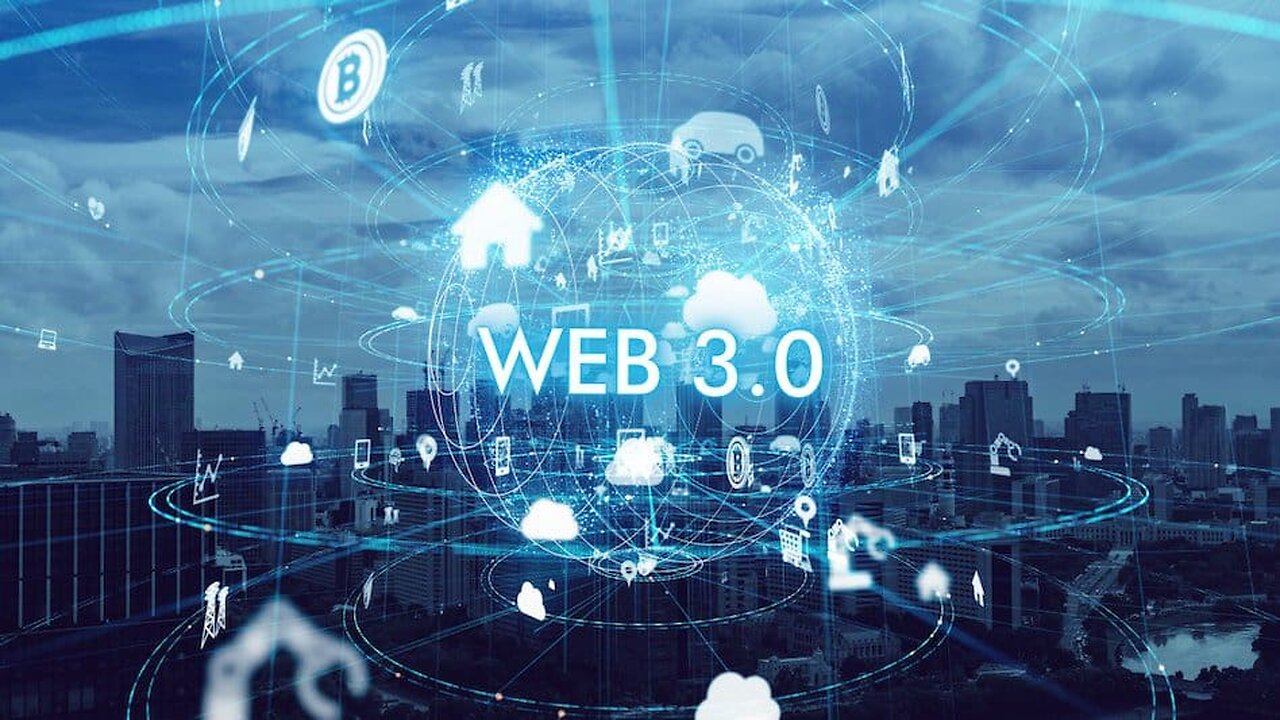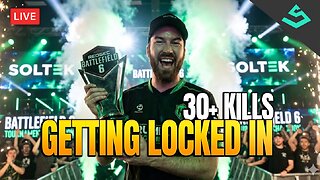Premium Only Content

What is website 3.0 means for the future?
The internet is arguably the most important technology revolution in the history of humankind.
Although the industry has evolved considerably since its inception, its current stage is akin to the auto industry in 1920 — that is, it’s world-changing technology that has been around for 20 years but is still relatively immature and in need of major improvements.
Tim Berners-Lee’s internet was to be “a collaborative medium, a place where we [could] all meet and read and write.” An interconnected computer system designed for scientists to share experiments was soon dominated by AOL, Compuserve, early Yahoo and other portals. These online service providers were the gateway to Web 1.0, where businesses, individuals and governments began to consume and occasionally post content. Netscape launched its web browser in 1994, prompting the dot-com explosion, and the browser wars began.
Unlike Web 1.0 where, according to Graham Cormode and Balachander Krishnamurthy, “content creators were few … with the vast majority of users simply acting as consumers of content,” Web 2.0 brought us the “‘Web as Platform,’ where software applications are built upon the Web as opposed to upon the desktop,” according to John Battelle and Tim O’Reilly.
This enabled masses of users to participate in content creation on social networks, blogs, sharing sites and more. Search engines and social media platforms driven by user-generated content disrupted the media, advertising and retail industries. As a result, giant companies in retail and publishing that did not adapt have died or are struggling to stay alive.
Web 2.0’s business model relies on user participation to create fresh content and profile data to be sold to third parties for marketing purposes. Indeed, the internet has become a massive app store, dominated by centralized apps from Google, Facebook and Amazon, where everyone is trying to build an audience, collect data and monetize that data through targeted advertising. In my opinion, the centralization and exploitation of data, and the use of it without users’ meaningful consent, is built into Web 2.0’s business model.
So what is Web 3.0?
Five years ago, it was thought that the next generation of the internet would be the Semantic Web. Berners-Lee coined the term to describe a web in which machines would process content in a humanlike way (i.e., a “Global Brain” where all data would be connected and understood both contextually and conceptually).
The Semantic Web did not materialize for a number of reasons. The primary reason was that the real AI technology, referred to as RDF (resource description framework), was nearly impossible to implement. How can a machine know the difference between a jaguar (the animal) and a Jaguar (the car)? The only way to know the difference is to understand the context in which it is being described.
Connecting concepts and building taxonomies for every word are monumentally difficult tasks. So difficult that despite IBM’s Watson spending billions to advance this technology, it never truly came to fruition.
Although not the Semantic Web envisioned by Berners-Lee, Web 3.0 is in many ways a return to his original web, where “no permission is needed from a central authority to post anything … there is no central controlling node, and so no single point of failure … and no “kill switch”!
The rise of technologies such as distributed ledgers and storage on blockchain will allow for data decentralization and create a transparent and secure environment, overtaking Web 2.0’s centralization, surveillance and exploitative advertising. Decentralized infrastructure and application platforms will displace centralized tech giants, and individuals will be able to rightfully own their data.
Indeed, one of the most significant implications of decentralization and blockchain technology is in the area of data ownership and compensation. As we move toward Web 3.0 and the technologies that support it mature and become scalable, I believe the web will reflect its original intent.
Surely, Berners-Lee did not foresee that internet behemoths would dominate the web and become owners and profiteers of our data. The chronic interruptions that have become the norm in Web 2.0 will disappear as decentralization also makes possible transparent, opt-in, peer-to-peer communications that allow individuals to take ownership of their precious time.
In sum, Web 3.0 will bring us a fairer internet by enabling the individual to be a sovereign. True sovereignty implies owning and being able to control who profits from one’s time and information. Web 3.0’s decentralized blockchain protocol will enable individuals to connect to an internet where they can own and be properly compensated for their time and data, eclipsing an exploitative and unjust web, where giant, centralized repositories are the only ones that own and profit from it.
-
 LIVE
LIVE
Inverted World Live
3 hours agoSatanic Pedophile Network in Australia | Ep. 149
12,103 watching -
 3:34:45
3:34:45
TimcastIRL
4 hours agoCandace Owens Implies TPUSA KILLED Charlie Kirk, Claims Failed Bibi Deal Cost MILLIONS | Timcast IRL
193K119 -
 LIVE
LIVE
SpartakusLIVE
5 hours agoTrios w/ The BOYS on WZ and then we're teaching Jean ARC RAIDERS
1,026 watching -
 2:55:52
2:55:52
SOLTEKGG
3 hours agoLIVE - NOT LOSING A MATCH - NEW PC - !pc
16.8K2 -
 LIVE
LIVE
ThatStarWarsGirl
3 hours agoTSWG LIVE: Stargate Is BACK! EFAPing Michael Shanks Interview with GUEST!!!
244 watching -
 LIVE
LIVE
MissesMaam
4 hours agoStardew Co-Op 💚✨
58 watching -
 1:32:46
1:32:46
Glenn Greenwald
5 hours agoHillary Blames TikTok for Anti-Israel Sentiment; MAGA Sycophants Gain Pentagon Press Access; Who Should Win Anti-Semite of the Year? See the Top 10 Finalists | SYSTEM UPDATE #552
109K88 -
 56:12
56:12
Flyover Conservatives
22 hours ago100% Chance the Grid Fails: Why No One Is Fixing It (and How Easy It Is) - Tommy Waller | FOC Show
19K4 -
 LIVE
LIVE
JDubGameN
3 hours agoStarlink Network Test Stream! | Road to 100 Followers
256 watching -
 2:17:31
2:17:31
The Daily Signal
6 hours ago $5.22 earned🚨BREAKING: Tennessee Congressional Election Results, Minneapolis Police to "Intervene" Against ICE,
24.8K6